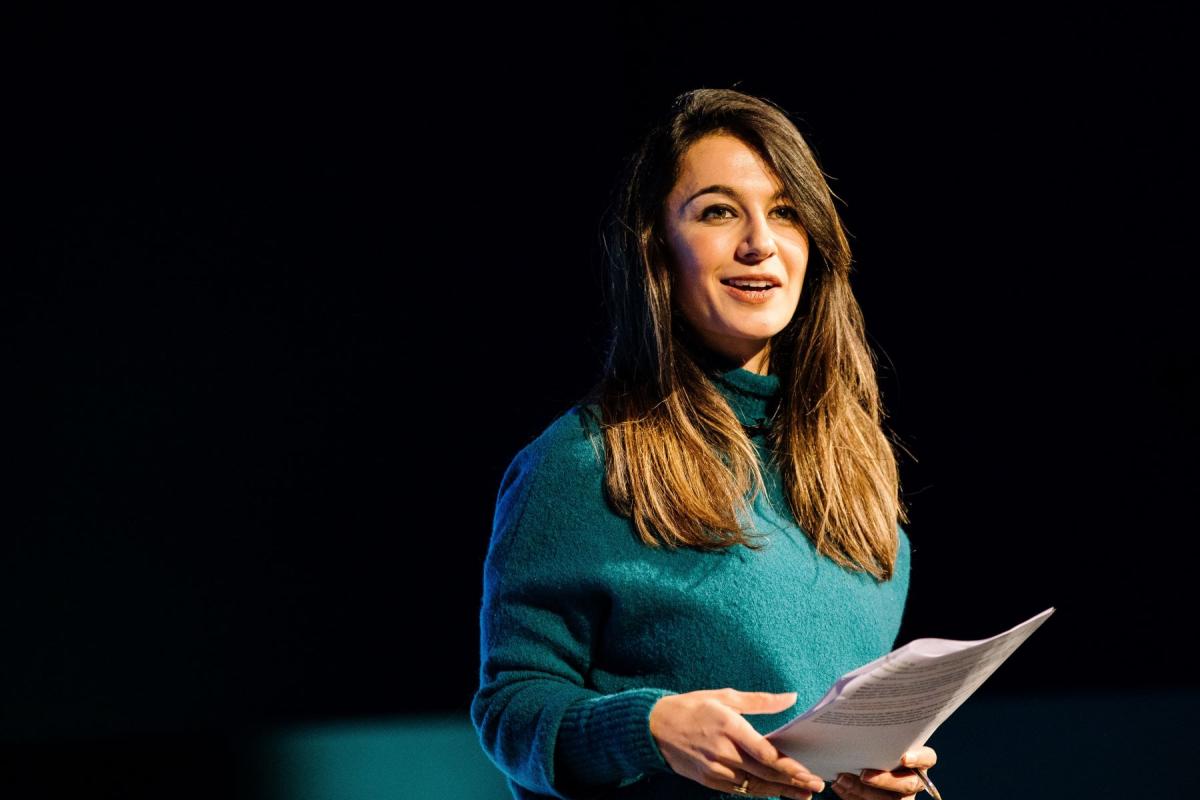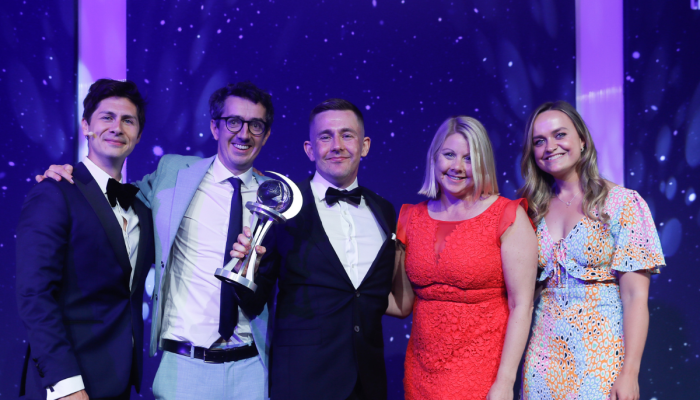We were thrilled to share the Brave Conference 2018 with so many of you in London, New York, Dubai and Hong Kong yesterday.
In London’s Science Museum it was a day that began with a passionate call out for human inclusion and ended with a somewhat dark dystopian vision of the future.
Here are 10 things we learned.
- ‘It’s extraordinary what you can do when you believe’, says Dr Caroline Casey. ‘The worst thing about success is that you become more afraid again, as you have more to lose.’
- Thomas Barta said the job description was invented in 1922 and works well as long as what customers want doesn’t change. ‘What’s your real job?’ he asked. ‘The path to bravery is not in your job description.’
- LEGO’s Cecilia Weckstrom talked about children and how they are brave through play. ‘In play we enter a state of flow and forget to be afraid’, she added.
- Hierarchy, blame and control and the main barriers to bravery, said Detective Superintendent Tor Garnett. She told us that, when being brave, ‘expect a wall of no, never settle, and believe in the power of repetition and priming.’
- Divine Chocolate’s Sophi Tranchell MBE talked about the vision of a better world. ‘We put farmers right in the middle of our proposition and personalise the supply chain.’
- Genocide survivor Eric E Murangwa MBE said sport had tremendous power to heal wounds, to see the human in humanity. ‘I’ve found inspiration in the bravery of ordinary Rwandans’, he added.
- What does it mean to play for England? CEO of the Football Association, Martin Glenn, said that ‘any culture change is difficult, particularly football. We changed the jingoistic form of patriotism to one of hard work, he added.
- Hiscox USA’s CEO, Steve Langan, talked about the ‘million small moments of courage’ that equate to bravery, and how leaders have to be both authentic and vulnerable.
- Educator Jaz Ampaw-Farr had a different take. ‘Leadership isn’t about being brave, it’s about making other people feel brilliant’, she said. ‘It’s about adding value and bringing joy.’
- Performance artist Marcus John Henry Brown put dystopian thinking at the heart of communications, with statements such as: love brands or die trying, possession is war, influence is oil, and shopping is freedom.
The above was just a recap, as we’re not done yet.
By next week we’ll have speaker video interviews, blog reviews from members, podcasts, photos and live scribe images, plus the full video sessions from each speaker online. We’ll also be doing a special bumper edition of our monthly enewsletter, The Edit, covering all our conferences around the world.
Until then, please continue to share your highlights from the day on Twitter, Instagram, Facebook and LinkedIn.



